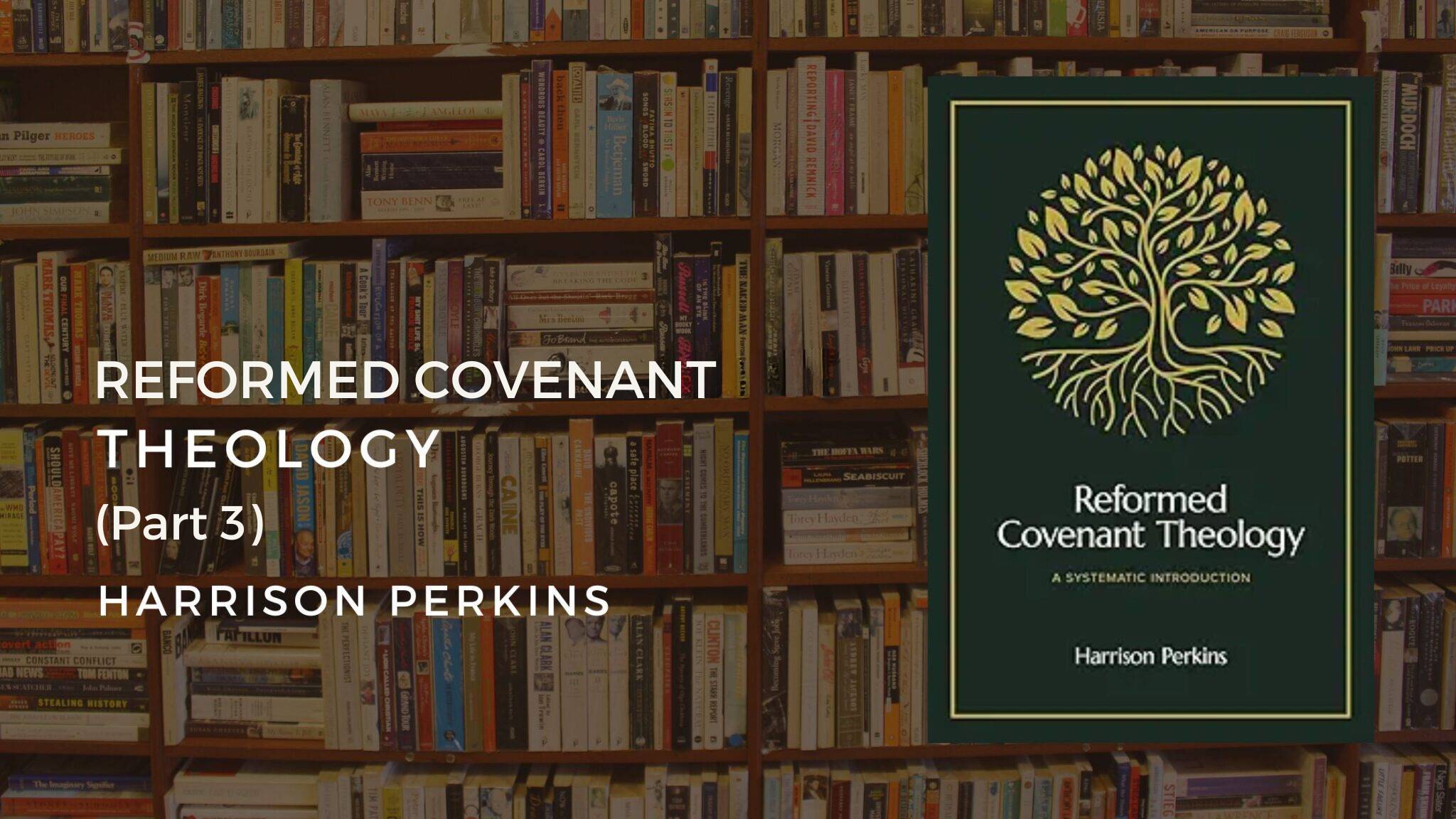Chapter 5:22 – 6:9: Relationships
From here to chapter 6:9, Paul deals with relationships. First, he writes to husbands and wives, then to their children, and, finally, to servants and masters. A feature of this section is the way one’s personal relationship with Jesus Christ governs one’s approach to others in the home.
The first thing God instituted was marriage. It is the very bedrock of a good society. The world does not provide a rationale for a good marriage, neither does it know how to protect and nurture stability and fidelity within the marriage union. The opposite is true of the Bible. Scriptural marriage is a beautiful thing. So beautiful, in fact, that Paul uses it as a picture of Christ’s special relationship to His Church. But it must be a scriptural marriage!
Wives, submit yourselves to your own husbands, as to the Lord (v. 22). Some would like to join this verse to verse 21 (e.g. C. I. Scofield, C. Keener). But to do that would be to ignore the fact that verse 21 is aimed at the Church body, whereas verse 22ff, is much more specific, aimed at a sub-group within the Body.
The submission that God requires all wives to show their husbands is not passive subjugation. It is allowing the man his God-appointed role as head of the household. It is only “fit” for wives to acknowledge that the final say is not theirs, but their spouse’s (cf. Col. 3:18, Tit. 2:5). We must also emphasize that Paul is addressing Christian families, and that he is assuming that the husbands and wives in the church already own Christ as Lord of their own lives. If, however, they do not, and the husband, for example, is unruly and offensive, we should note the command is for wives to submit as to the Lord. If they cannot submit to their husbands, and also submit to God, then God must come first, but this must be done with 1 Peter 3:1 in mind.
For the husband is the head of the wife…(v. 23). This is taken for granted by the apostle. In the pagan societies of the day, men were regarded as superior to women. The Bible treats them as equals, but equals in their relationship to God, not in authority within marriage. That this is not outmoded thinking becomes evident by reading the rest of the verse: …even as Christ is Head of the Church: and He is the Saviour of the Body. Christ’s position has already been described (cf. 1:20-23). If we own Christ as Head of the Church, we should agree that the husband is the head of the wife. Such a gradation is Biblical (cf. 1 Cor. 11:3). As Christ is the Saviour of the Body—that is, the Church—the husband should be the protector (which, by the way, occasionally translates soter), of his bride.
Therefore as the Church is subject to Christ, so let the wives be to their own husbands (not every other man in the congregation) in everything (v. 24). The man is responsible for his wife’s safety, comfort, and spirituality. But, disobedient wives are responsible bear responsibility for their own conduct.
Husbands, love your wives…(v. 25). This love is not self-centered love, but is the same love that has been commended elsewhere (cf. 5:2, 1 Cor. 13, etc.). The balance within a scriptural marriage is that of “submit/love.”[1] It is a balance that cannot be bettered, and is the recipe for a strong husband and wife bond. Furthermore, husbands must love their wives even as Christ loved the Church and gave Himself for it. If the husband is to demand submission from his wife, then she has the right to demand that he love her enough to die for her. Of course, this does not mean that if obedience or love is not received that the other person is within their “rights” to withhold what God has commanded. There are no “rights” here, just faithfulness, first to Christ and then to one another.
Hitherto, Paul has been using the figure of Christ and the Church to exemplify Christian marriage. Now he takes the opportunity to speak about the figure itself. The reason Christ died for the Church was that He might sanctify and cleanse it with the washing of water by the Word (v. 26) that He might present it to Himself a glorious Church, not having spot, or wrinkle, or any such thing; but that it should be holy and without blemish (v. 27). From these verses we see that the love of Christ at the Cross was not just for our salvation, but for our sanctification. It is the Word of God which is used for our daily cleansing (cf. Jn. 15:3, 17:17). Here, it is likened to the washing of water.
If every Christian walked in the Spirit as a child of light (cf. 5:8, 9) then the Church would indeed be on its way to becoming holy and without blemish, being more obviously “a habitation of God through the Spirit” (2:22). But, although this is not the case, still Christ works in the Church, and will one day present it to Himself a glorious Church, &c.
So ought men to love their wives as their own bodies. He that loves his wife, loves himself (v. 28). The figure of Christ and the Church is once more imposed upon the marriage bond. Husbands are to love their wives as they love themselves. What he gets, she gets. He ought to be treating his own body as a temple of God. In other words, he should be observing Ephesians 5:1-21 in his own life, and he should want the same for his mate. As the Lord nourishes and cherishes…the church (v. 29), so the husband is to nourish and cherish his wife, remembering that he and she are one.
Just as a man and a woman become one in marriage, as Christians we are members of His Body, of His flesh, and of His bones (v. 30). The association is so close that both organisms are a reflection of each other. (Notice also that this verse does away with the notion that a Christian may lose his or her salvation. As part of Christ’s Body, we cannot go to hell—unless Christ Himself goes there!).
In verse 31, the apostle quotes Genesis 2:24 to establish a connection between verses 28-30. In verse 28, “their own bodies,” is a reference, not only to the man’s personal physique, but to his wife also; likewise, the reference to “his own flesh” in verse 29. We can say this on the authority of verse 31. Notice the husband shall be joined to his wife, and they two shall be one flesh (v. 31).
What has Paul been speaking about? Marriage? Yes. But more importantly the great mystery of which the letter to the Ephesians is an explanation; the mystery concerning Christ and the Church (v. 32). Paul has cleverly used the husband and wife relationship to further amplify his teaching about Christ and the Church. This does not mean that what he has said about marriage is to be put aside, rather it has been given new force by the apostle’s argument. Speaking to the husband first, he repeats, let every one of you in particular so love his wife even as himself; and the wife see that she reverence her husband (v. 33).
Has Paul not labored his point? Could he not have told us our duties more concisely? Undoubtedly, marriage is of great importance to him, and “he [has] spent a great deal of pains in this point.” (P. Bayne, A Puritan Exposition of Ephesians, 535). Why? Because families make up local churches, which make up the Church universal. If the marriage relationship (“submit/love”) is not right, then the Church is affected at its root. Scriptural marriage is crucial to the health of the Church.
[1] The expression is borrowed from J. R. W. Stott, The Message of Ephesians, 220. For a good assessment of gender roles, see B. Edwards, ed., Men, Women and Authority.


1 comments On EPHESIANS – Chapter 5:22-6:9
Hi! I was surfing and found your blog post… nice! I love your blog. 🙂 Cheers! Sandra. R.